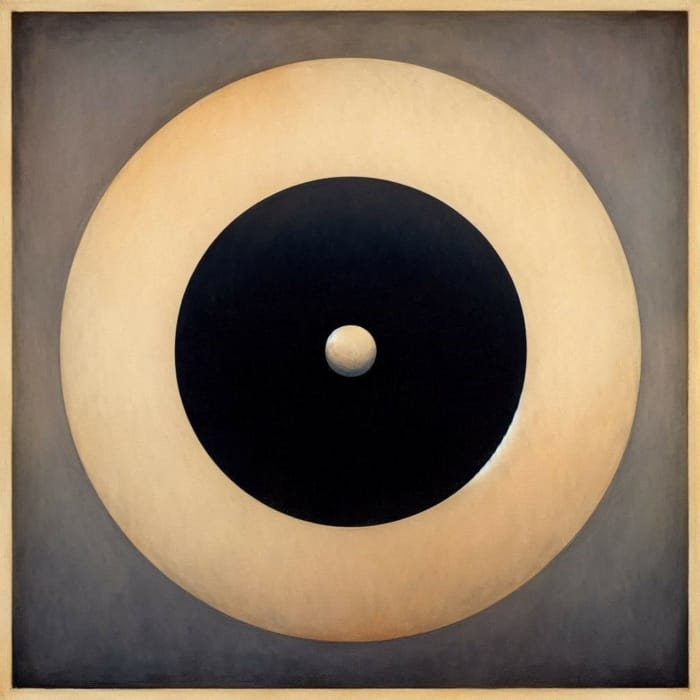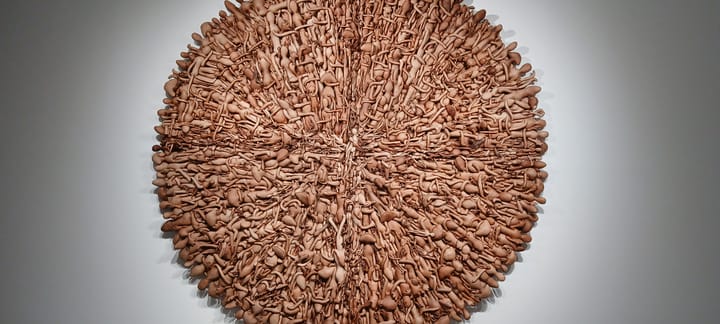“Just as you’ve destroyed your life, here in this / small corner, so you’ve wasted it through all the world.”
death returns to the sea
… is the other lyric running through my mind. I imagine it, am I imagining it?, sung, on the album September Songs, produced by Hal Willner, of Kurt Weill’s songs.
“Just as you’ve destroyed your life …” is C.P. Cavafy’s. (“In these dark rooms where I live out empty days …” is one of my favourite poems, with its unforgettable closing couplet, given in one translation as, … “perhaps the light will prove another tyranny / who knows what new things it will expose.”) The “small corner” is a city; leaving the city, you take it with you.
More, you have taken it with you, so, “you’ve wasted it [your life] through all the world.”
John Ash’s Istanbul, like C.P. Cavafy’s Alexandria.
Lawrence Durrell introduced me to Cavafy. The character of Pursewarden, “People are free to dispose of their bodies as they see fit.” There are scenes in the Alexandrian Quartet that stay with me too, the bird-shooting scene.
Cavafy’s “you” is intimate. There is no judgement in it. And against the intimacy, shared by the poet and the one it addresses, of this small corner stands all the world. Magically, the smallness, like that of Somebody’s Darling, on the marker, Here Lies …, the smallness of the inconsequential individual, the smallness of an inconsequential destruction, self-destruction, of a trivial life, balances the world. They balance on the starting word, Just.
“Just as you’ve destroyed your life … / … so you’ve wasted it through all the world.” As if the world were not enough, were not enough to absorb the path of wasting. Perhaps the footsteps or the pilgrimage: It was a necessary path, a journey that consumed one, that the world was not enough to consume. It contained a duty to oneself.
To have completed a circle from its centre.



